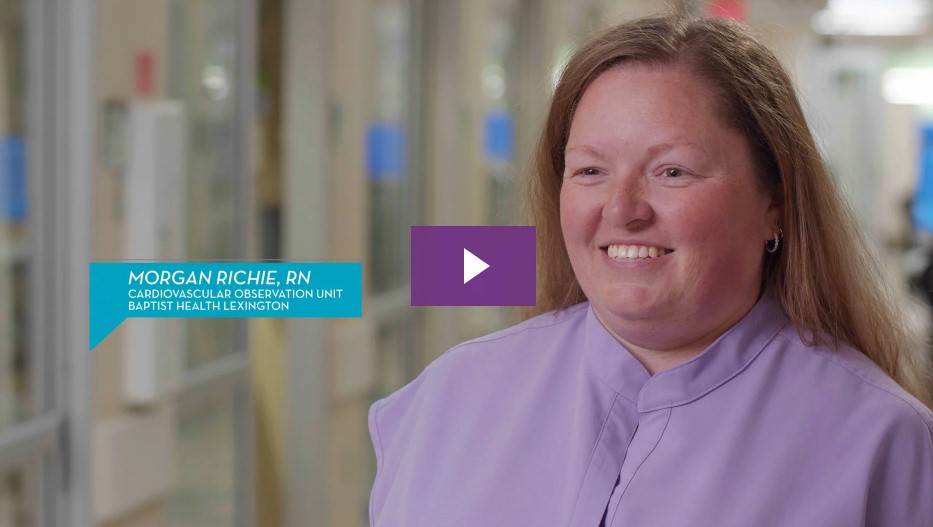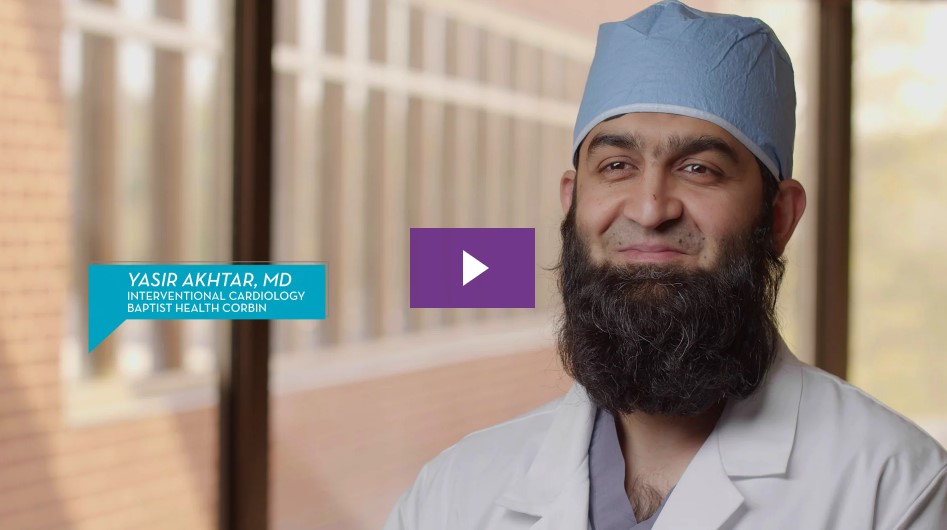What Does A Cardiologist Do?

What Is a Cardiologist?
People who learn they’ll need treatment for a heart condition sometimes ask, “What type of doctor is a cardiologist?” or more specifically, “What is a cardiologist, and what do they do?” A cardiologist is a physician who specializes in problems affecting the heart and blood vessels — also known as the cardiovascular system.
This article provides an overview of cardiologists and cardiology.
What symptoms would you see a cardiologist for?
What is the purpose of a cardiologist visit? Patients typically see this type of doctor at the recommendation of their primary care physician. Symptoms that might prompt a referral include dizziness, shortness of breath, fainting spells, chest pains or unusual sensations in the chest (fluttering, fast or erratic heartbeat, etc.).
Common Misconceptions About Cardiology
Cardiology is a medical specialty, and most people will never need to see a cardiologist. Consequently, there can be confusion or misconceptions about this field of medicine. For example, some people believe that cardiologists focus exclusively on heart attacks when, in fact, they have expertise in a wide variety of conditions affecting the heart and blood vessels.
If you need to see this type of doctor, your primary care physician or the cardiologist will provide details on how they’ll address your condition and work to improve your heart health.
The Role of a Cardiologist
What is a cardiologist doctor’s role? They diagnose and treat a wide range of cardiovascular problems. However, they also educate patients about issues affecting their heart and blood vessels. In that way, they help people avoid developing heart conditions or worsening existing problems.
What is a cardiologist appointment like? That varies based on your symptoms. However, it typically includes the doctor getting your health history and performing a physical exam. They may also conduct or order additional tests, including electrocardiograms, blood tests and stress tests.
Common Heart Conditions Treated by Cardiologists
The cardiovascular system is complex and can be affected by several issues. Some of the many heart and blood vessel problems cardiologists treat include:
- High blood pressure: Also called hypertension, this is when a person’s blood pressure is consistently higher than the recommended level, leading to potential consequences like a heart attack or stroke.
- Heart attack: In a heart attack (or myocardial infarction), the heart muscle begins to die because the blood flow that supports it is reduced or blocked.
- Peripheral artery disease: This condition is where plaque (a fatty substance) accumulates in the arteries of the arms and legs, inhibiting blood flow and potentially leading to tissue damage.
- Cardiac arrest: In cardiac arrest, a problem occurs with the electrical signals in the heart, and it abruptly stops beating.
- Myocarditis: Inflammation of the heart muscle due to infection or an inflammatory condition can weaken it and make it less efficient at pumping blood.
- Heart rhythm disorders: This is when the heart functions abnormally, such as beating too fast or out of normal rhythm.
- Congestive heart failure: When congestive heart failure develops, the heart loses its ability to pump blood properly, causing fluid to collect in the lungs and legs.
A cardiologist can diagnose and treat conditions like these to improve a patient’s heart health and overall wellness.
Importance of Regular Check-Ups
Heart conditions may not produce symptoms you notice, especially in their early stages. Consequently, along with a healthy diet and regular exercise, it’s essential to get regular check-ups with your primary care physician.
They can detect issues with your blood pressure, cholesterol level and other factors that increase your risk of cardiovascular problems and, if appropriate, refer you to a cardiologist for additional testing, monitoring and treatment.
You can find a Baptist Health doctor in our online provider directory if you don’t have one.
Next Steps and Useful Resources
Learn more about Heart Care
Heart Home Care Services
Can You Strengthen Your Heart?
Female Heart Attack Symptoms



